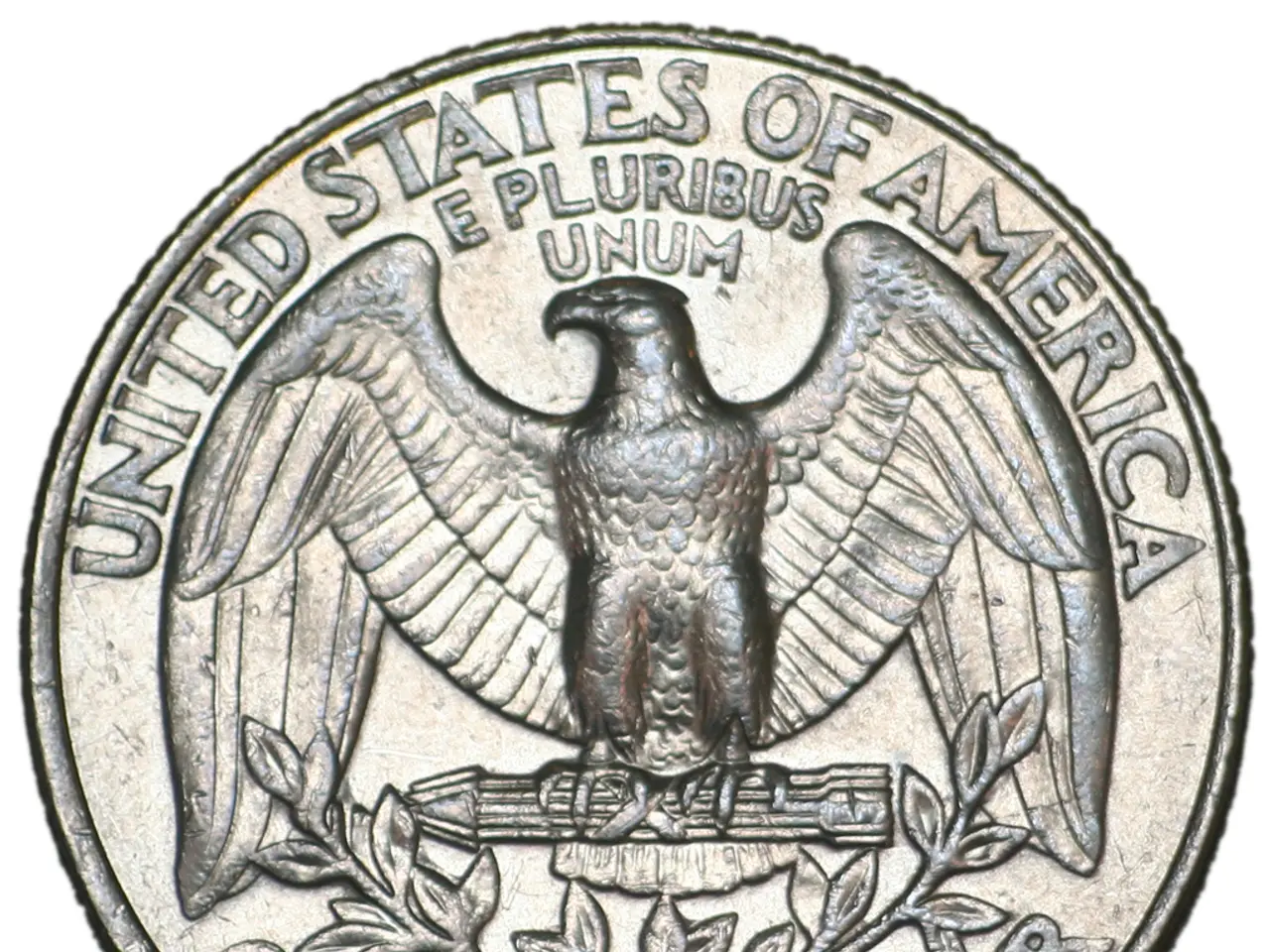Congo deploys blockchain technology for validating academic certificates
Blockchain-Based Systems Combat Certificate Forgery in Africa
Several African countries are embracing blockchain technology to combat the issue of fraudulent academic and professional certificates, ensuring the authenticity of digital records and enhancing trust.
The Democratic Republic of Congo (DRC), Mauritius, and Tunisia are among the nations leading this trend.
Immutable Digital Credentials
Blockchain offers an immutable ledger, which means once a certificate is recorded, it cannot be altered or counterfeited. This addresses a major challenge of fraudulent credentials undermining institutional credibility and hiring integrity. It also enables easy and instant verification by employers or institutions.
Adoption in African Countries
- Democratic Republic of Congo (DRC): While specific blockchain credential projects in DRC were not detailed, countries like DRC face challenges with traditional paper certificates being forged or lost. Blockchain solutions are being explored across Africa to digitize educational records, likely including the DRC.
- Mauritius: Mauritius, known as a regional fintech hub, has shown interest in blockchain adoption for various applications, including credential certification and secure verification systems. The country's regulatory environment encourages digital innovations that can help prevent forgery.
- Tunisia: Tunisia has demonstrated initiatives to implement blockchain for administrative transparency and digital identity, which can extend to certificate verification.
Broader Context of Fraud Prevention
Fraudulent credentials remain a significant problem, with scammers using sophisticated techniques such as fake certificates and deepfake technology to bypass electronic verification systems. Blockchain’s immutable nature helps counteract these issues by enabling verifiable digital badges and credentials.
Complementary Technologies
Advanced AI-powered biometric verification systems are being used to secure digital identity and transactions efficiently, supporting blockchain-based credential verification by ensuring user authenticity and preventing fraud in related processes.
Notable Examples
- Mauritius's eVerify system is a spinoff of Singapore's Open Attestation built on Ethereum, which verifies documents by checking against a blockchain hash value assigned to the document.
- The Democratic Republic of Congo launched a blockchain-based platform named e-Diplôme on July 18, designed to manage and verify the authenticity of state-issued diplomas. Upon uploading, certificates are stored onchain, and users receive a QR code for access.
The country follows in the footsteps of Mauritius and Tunisia, two African countries that have recently instituted blockchain-based systems for verifying credentials and certificates. The decision by the Democratic Republic of Congo to use the e-Diplôme platform is part of a broader trend of countries adopting blockchain technology for secure and efficient verification of diplomas and certificates.
The Unified Arab System for Diploma Authenticity Verification is another blockchain-based system used by Arab nations to verify the authenticity of diplomas and certificates. This system, along with the initiatives in Africa, demonstrates a growing global movement towards using blockchain technology to combat certificate forgery and improve the integrity of digital records.
- The Democratic Republic of Congo, following the lead of Mauritius and Tunisia, has adopted the e-Diplôme platform, a blockchain-based system, to manage and verify the authenticity of state-issued diplomas, extending the adoption of blockchain technology for certificate verification in Africa.
- The implementation of Ethereum-based eVerify in Mauritius, and the emergence of the Unified Arab System for Diploma Authenticity Verification in Arab nations, indicate a growing global trend towards using blockchain technology for combating certificate forgery and improving the integrity of digital records in education-and-self-development sectors.




